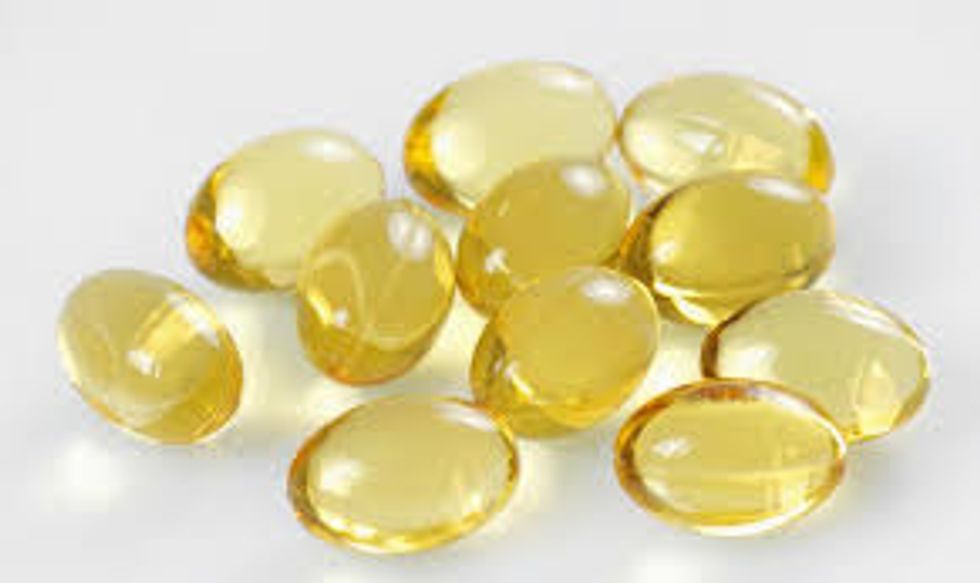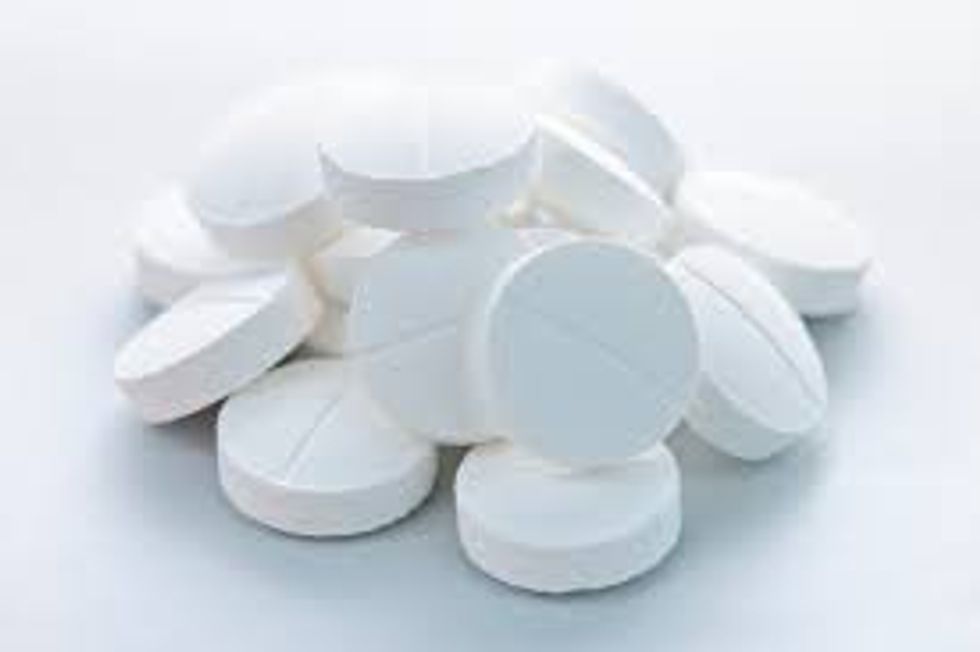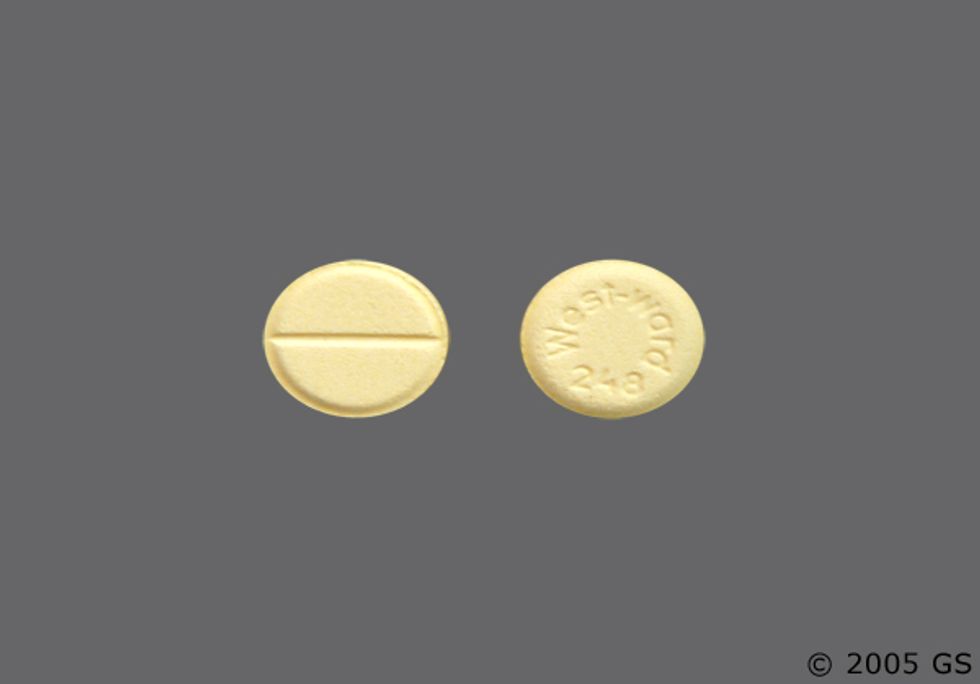I've worked in the supplement industry for three years, and supplement purchases are on the rise, especially with young adults. Many college students don't know a lot about their needs for vitamins and minerals, and in what amounts they're needed. Here I've compiled a list of vitamins and minerals that are necessary for your health. it is important to note that not everyone's needs are exactly the same, and each diet will provide different amounts of nutrients. All vitamins and minerals are more effective when consumed directly from the food; however, some people may not be able to eat these foods due to allergies or lifestyle preferences. If you feel you may be in need of any of these supplements, please see a doctor first before beginning consumption.
Vitamin D*
What: Vitamin D is a pre-hormone fat soluble vitamin necessary for life.
Who should supplement: Everyone! Especially those who live in the more northern parts of the world that receive less sun, and older adults who are at risk for bone loss. Vitamin D is crucial for calcium absorption, those taking calcium supplements should consider a Vitamin D supplement as well. Most adults do not receive enough Vitamin D, especially in the winter months, when there is less sun exposure. If you do not consume Vitamin D products such as fish, eggs, and dairy, a supplement may be crucial.
Where: "The Sunshine Vitamin" comes from its natural source: the sun. It can also be found in fish, eggs, and fortified dairy products.
Dosage: RDA recommended amount for adults is 400-800 IU a day. Vitamin D is crucial for bone structure as well as regulating minerals such as calcium and phosphorus. There are various forms of Vitamin D supplements, but the most common in the United States is calciferol.
Toxicity: The dosage will differ for each person depending how much is in the diet, but the safe dosage is up to about 4,000 IU, so toxicity from Vitamin D is rare.
Vitamin C (L-ascorbic acid)
What:Vitamin C is a water-soluble vitamin and a cofactor for enzymatic reactions, necessary for growth and repair. Vitamin C is an antioxidant, which means it fights off damage done from free radicals; this makes it a very important nutrient. Vitamin C as a supplement is sold in the form of ascorbic acid.
Who should supplement: Everyone! Especially those with compromised immune systems or lacking fresh fruits and veggies in their diets. Many people in the US are not receiving enough Vitamin C, due to lack of consumption of produce. Vitamin C is a great supplement to boost the immune system, which is very crucial for college students who are constantly exposed to pathogens.
Where: Vitamin C is mostly found in fresh fruits and vegetables, such as strawberries and broccoli.
Dosage: Vitamin C intake ranges from 60-5000 IU.
Toxicity: Since Vitamin C is a water-soluble vitamin, any excess in the body is excreted through the urine, and so toxicity is very rare.
Calcium*
What:Calcium is a mineral important for the formation and health of bones and teeth, and it plays a role in muscle function and blood coagulation. Calcium supplements are typically marketed as carbonate or citrate.
Who should supplement: Older adults and women going through menopause. Calcium is extremely important for older adults and women going through menopause—as a decrease in estrogen may cause women to be at risk for weakening bones. Calcium supplements are important for those who do not consume calcium products, or who are lactose intolerant.
Where: Calcium is found in fish, dairy products, and fruits and vegetables.
Dosage: The Recommended Daily Allowance for calcium is 1,000–1,500 IU for a adults.
Toxicity: Dosages will vary depending on each person and their diet, and calcium is referred to as a non toxic mineral.
Iron
What:Iron is a mineral that creates hemoglobin and produces red blood cells in the body. Iron deficiency is extremely common, especially in young women, and women menstruating. A lot of women need iron supplementation, especially during their menstrual cycle when blood is lost. Iron supplements are usually sold in the form of ferrous sulfate.
Who should supplement: Women and those with an iron deficiency.
Where: Iron can be found in fortified foods, green leafy vegetables, beef, and fish.
Dosage: Recommended iron intake for adults can vary from 15–30 mg per day (15–25mg for men and 18–30 mg for women).
Toxicity: Symptoms of toxicity do not usually show until about 75 mg are consumed.
Vitamin B12 (Cyanacobalamin)
What:B12 is a water soluble vitamin that is necessary for the break down of fatty acids, maintaining healthy nerve cells, and produces DNA and RNA.
Who should supplement: Those in need of supplementation include vegetarians/vegans because B12 cannot be found in products other than animal products.
Where: B12 is found only in animal products such as fish, beef, and cheese.
Dosage: The recommended amount for B12 is 25–500 mcg.
Toxicity: There is generally no unsafe level of B12, so it is considered non-toxic.
Vitamin B9 (Folate/Folic Acid)
What: Vitamin B9 is a water soluble vitamin that helps maintain the nervous system, assists in metabolic processes, and encourages growth. Folate is the form of B9 found naturally occurring in foods, while folic acid is the synthetic form.
Who should supplement: Women who are pregnant or may become pregnant. Folic acid is included in all print supplements because it is crucial to fetal development, and prevents many birth defects.
Where:Vegetables (folate) and fortified foods (folic acid) such as breads and cereals.
Dosage:Adult men need 400 mcg per day and 400–600 a day for women.
Toxicity: Folic acid can be possibly unsafe when consuming quantities greater than 1,000 mcg a day.
*Vitamin D and calcium are best taken together, as the presence of Vitamin D is necessary for the absorption of calcium.




























